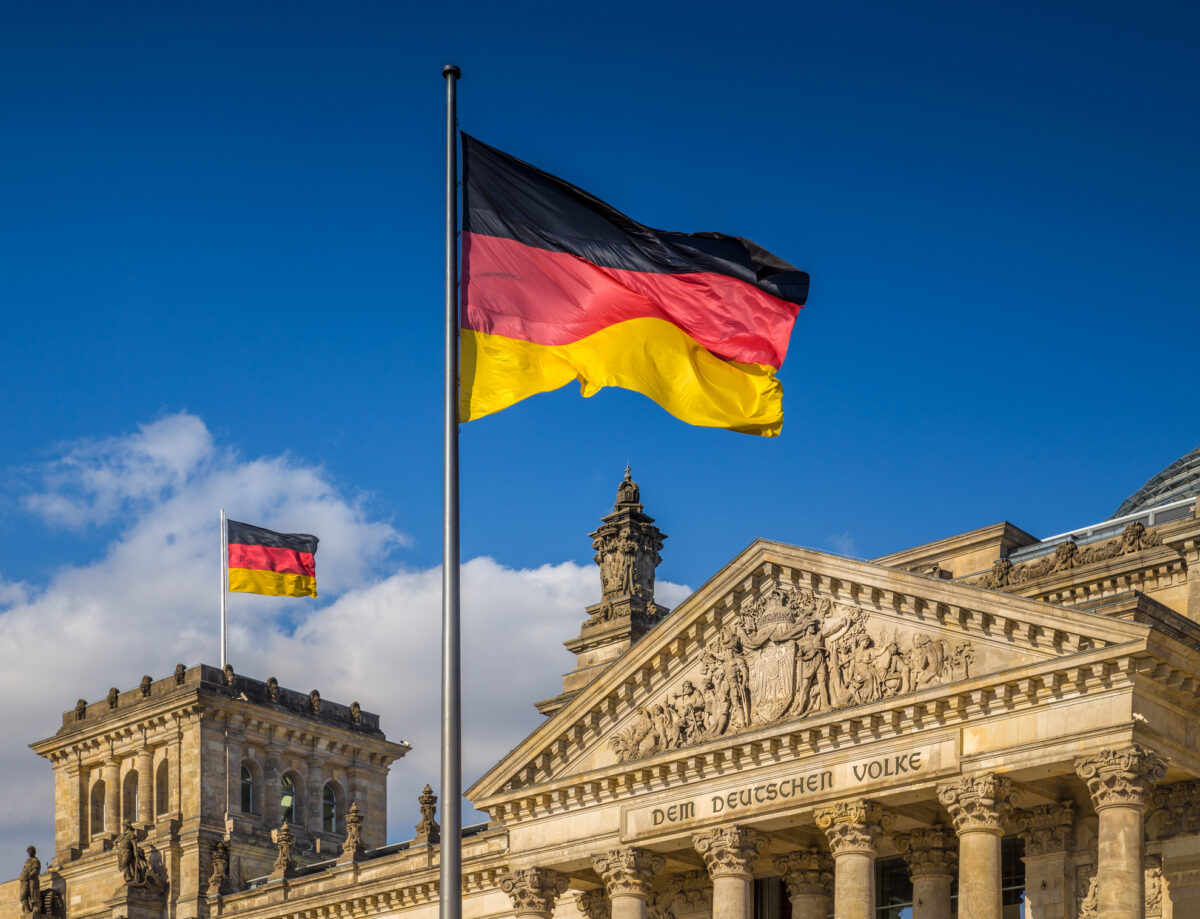Introduction
In global marketing, success often hinges on the ability to adapt your marketing strategies to connect with diverse audiences on a personal level. Germany stands out due to its rich history, strong traditions, and discerning consumers.
Understanding German Culture
Germany boasts a unique cultural identity enriched by centuries of history and art. Before setting up your German marketing campaign, it is important to understand a few key aspects of German culture.
Punctuality and Precision
Germans are known for valuing punctuality and precision. When planning marketing events or product launches, ensure everything runs on time and is executed with meticulous attention to detail.
Quality Over Quantity
Quality is prioritised over quantity, as Germans prefer long-lasting, high-quality goods. Be sure to highlight the craftsmanship and durability of your product in your marketing campaigns.
Direct Communication
Direct communication is appreciated. Be clear and concise in your marketing messages and avoid “fluffy” wording. Transparency builds trust – a cornerstone of successful German-targeted campaigns.
Cultural Sensitivity
Tailoring your marketing strategy to reflect a country’s cultural norms is important to provide a positive brand perception when running a campaign in any country.
In Germany, value punctuality and precision. Send email newsletters on time and never delay campaign launches. Emphasise quality over quantity, as seen with brands like Miele and BMW, which highlight craftsmanship in their marketing. Use direct communication, for example, transform a wordy ad into a clear, concise, German-friendly message. Always respect cultural values and avoid stereotypes or offensive content.
Building Your German-Targeted Marketing Strategy

Language
While many Germans speak English, German is the official language. Using the German language in marketing materials adds authenticity, so remember to ensure accurate translation. If you want to go one step further, consider regional dialects when targeting specific locations and want to add a more personal touch.
Digital Platforms
The German population is very active online. Therefore, digital marketing will be crucial to your overall marketing strategy.
Firstly, engage with your audience on popular social media channels like Facebook, Instagram, and Twitter. WhatsApp is also widely adopted in Germany and is increasingly used for direct customer communication, making it a valuable channel for personalised engagement.
For B2B outreach, LinkedIn is important, but Xing continues to have a stronger presence in the German-speaking professional market than in many other countries, so including it in your strategy can significantly enhance reach and credibility.
Additionally, YouTube is becoming a key platform for content consumption in Germany, with influencer marketing on the rise as an effective way to connect with diverse audiences. Additionally, eCommerce platforms remain essential for reaching a broader customer base.
Local Traditions
Align your marketing campaign with German holidays, traditions, and cultural events. Remember, culturally significant days in Germany, such as Oktoberfest, Whit Monday, and German Unity Day, demonstrate an understanding and appreciation for local customs, which will help you build a stronger connection with your target audience.
Social Responsibility
Germans value social responsibility and environmental sustainability. Highlighting your company’s commitment to these principles in your marketing campaigns will resonate with the German market, renowned for its conscientious consumers.
Conclusion
By recognising and respecting Germany’s values, your marketing campaigns are more likely to resonate with German consumers. Businesses that go beyond generic approaches will be the most successful in a market that prizes authenticity and cultural sensitivity.
Struggling to connect? ExtraDigital have the cultural insights and German marketing expertise to get the job done.
Frequently Asked Questions
Why is understanding German culture important for marketing success?
Understanding German culture is essential because German consumers value punctuality, precision, quality, and transparency. Marketing campaigns that respect these values are more likely to build trust and resonate with audiences, while generic or culturally insensitive messaging can damage brand perception.
What communication style works best in German marketing?
German audiences prefer direct, clear, and concise communication. Marketing messages should avoid unnecessary exaggeration or vague wording and instead focus on factual information, transparency, and reliability. This is a core principle applied by ExtraDigital when developing German-focused campaigns.
Should marketing campaigns in Germany be delivered in German?
Yes. While many Germans speak English, using the German language adds authenticity and shows respect for the local market. Accurate translations are essential, and in some cases, using regional language variations can help brands create a more personal and relatable connection.
Which digital platforms are most effective for German marketing?
Popular platforms in Germany include Facebook, Instagram, YouTube, and WhatsApp for consumer engagement. For B2B marketing, LinkedIn is important, but Xing remains highly relevant in the German-speaking professional market. Using the right mix of platforms helps brands reach audiences more effectively.
How do social responsibility and sustainability influence German consumers?
Social responsibility and environmental sustainability strongly influence purchasing decisions in Germany. Brands that highlight ethical practices, sustainability efforts, and long-term value are more likely to appeal to conscientious German consumers, an approach supported by ExtraDigital’s German marketing expertise.










